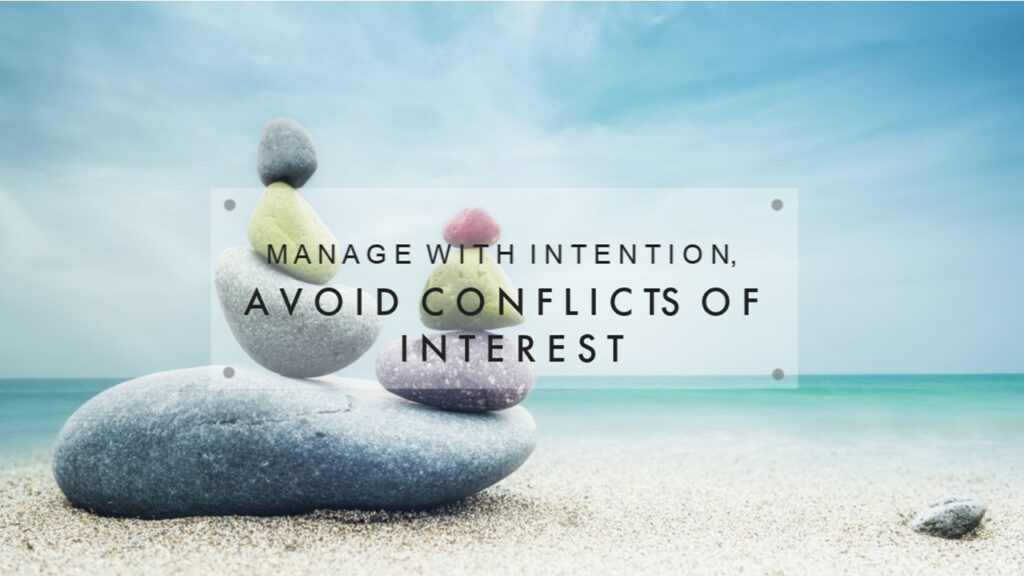
All things are subject to interpretation.
Whichever interpretation prevails at a given time is
a function of power and not truth.
FRIEDRICH NIETZSCHE

NAVIGATING DUAL OR MUTLIPLE RELATIONSHIPS can present a thorny ethical problem for many counselors. When the therapeutic professional runs into clients in public, has another role in the client’s life, or encounters the client outside the professional setting, it can be difficult to manage the conflicting needs of each situation. These challenges are pronounced in close-knit demographic groups, like: ethnic and faith communities, recovery networks, rural areas, and small towns, where it is not feasible for the therapist to simply remove themselves from the situation. Online spaces have transformed the nature of client-therapist relationships, adding another layer of potential hazard (and benefit!) to these already-challenging interpersonal contexts.
Historically, therapists have been advised to avoid dual relationships at all costs; however, most practitioners realize that they are sometimes unavoidable. Some practitioners even suggest they can be helpful in some circumstances. How can practitioners navigate dual relationships with intention and self-awareness? How can they anticipate impacts and avoid conflicts of interests? When are dual relationships clinically beneficial, and when do they do harm?
Planning for these sometimes awkward encounters and overlapping roles can reduce surprise and poor handling in the moment. This scenario-based workshop allows practitioners to do a deep dive into the clinical ethics of -dual relationships-, and provides the opportunity for therapists to think critically about their specific contexts as they generate a position for their own practices.
By the end of this in-person workshop, participants will:
- Articulate the pros and cons of dual relationships as they relate to their agency setting, professional identity and role, type of treatment, and model of practice;
- Describe the harmful impacts of conflicts of interest and explore what these look like in participant’s area of practice;
- Explore the hazards and benefits of social media to the helping relationship;
- Draft a statement about handling public encounters with clients, the potential for dual or multiple relationships, and avoidance of conflicts of interest, including a clear social media policy; and
- Understand the nature of sexual transference and underscore the prohibition on sexual relationships with clients.
Upcoming Dual Relationships Workshop:
August 21, 2024
In person
Northwest Institute of Addictions Studies Conference, Portland, Oregon
6 CEUs (ethics)

